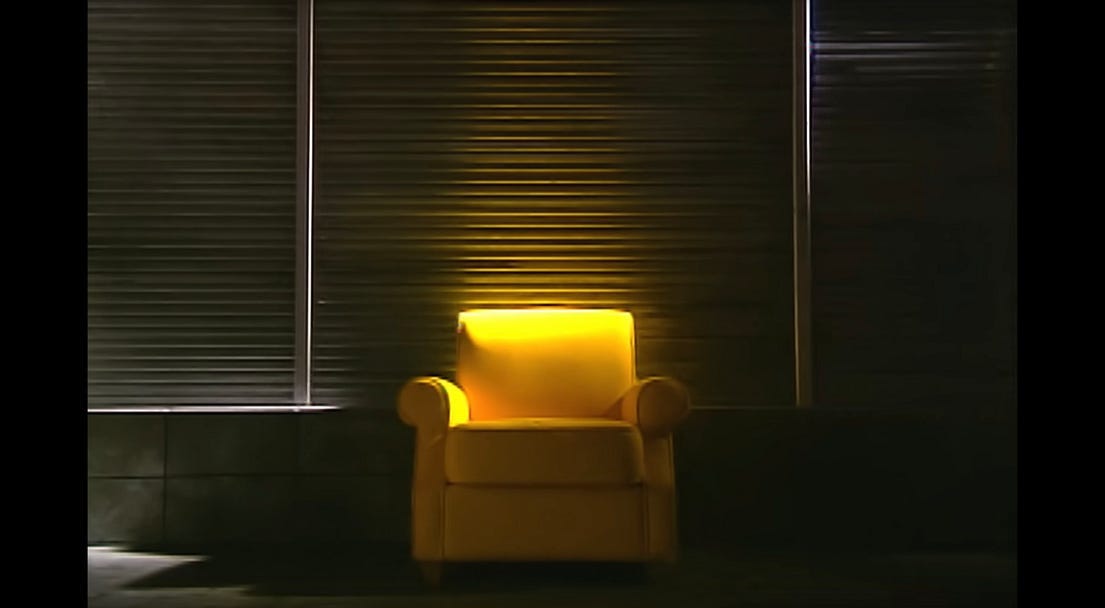Automatic: How a Hit Single Keeps Being Reborn
Song of the Week
Hikaru Utada (宇多田ヒカル) was born in New York City on January 19, 1983, to Japanese parents who are themselves musicians (her father is a producer). She released her debut album at the age of 15. It was a flop, and that might have been that.
But the following year, she released her second album and her first with primarily Japanese lyrics. First Love sold two million copies in its first week in Japan and sold a total of 8 million for all of 1999. It eventually became Japan’s best-selling album of all time. (To date, Utada’s albums have sold over 60 million copies worldwide.)
“Automatic,” the opening song on First Love, became Utada’s first hit single. She has since had a dozen even bigger hits, many of which have charted internationally. (Note: Utada recently came out as non-binary but still uses “she” interchangeably with “they”).
Here is the remastered music video for “Automatic.” It is a pop song with a slightly wistful undercurrent — she is unsure whether to let her lover know how serious her feelings are. It’s quite mature writing for a 15-year-old, and the composition is almost guaranteed to hook you.
English translation:
https://genius.com/Genius-english-translations-hikaru-utada-automatic-english-translation-lyrics
Dirty Loops Cover
We now circle the globe, from Japan to Sweden. Dirty Loops are a Swedish band that specialize in jazzy rearrangements of pop hits. Their own original material leans toward dance/electronica mashups. They’ve been active since 2008 and have done several international tours. Dirty Loops have appeared with both David Foster and Maroon 5, which is quite a statement about being genre-agnostic.
With “Automatic,” they upped the tempo, added a lot of instrumentation, and gave it a funky rhythm line. It’s sort of a hybrid of jazz and synth-based new wave. They also translated the lyrics so it’s performed in English. Jonah Nilsson’s high vocal register works well with the song, giving it a throwback disco-era feel.
Koiai
Now we circle back to Japan and Koiai. I’ve written before about this astonishingly talented young band:
One of the songs featured in that article was “Automatic.” I had heard the Dirty Loops version before, but now I discovered that their version was not the original either. That got me investigating the song's history, which is how I ended up at Utada.
Koiai mostly perform their own original songs but have done the occasional cover. Here, they perform “Automatic,” using the Dirty Loops version of the song as their starting point. They replace the keyboards with guitars, playing harmonies and counterpoints.
They are all adept at playing metal and fusion, but they keep a light touch here, with room to hear the instruments individually.
The arrangement is simply spectacular, but don’t take my word for it—here it is again in case you missed it before:



Really love Ikaru Utada's slower version. It's emotionally compelling even not knowing the words.
It’s interesting to see the subtle changes each particular artist makes, while not altering the final result. Great post. You direct me to musical avenues I normally wouldn’t get down.